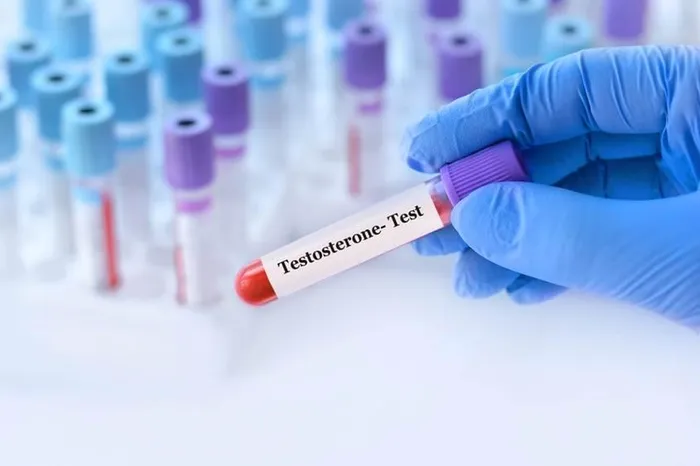Warning signs: Testosterone’s broader role in men’s health

While testosterone naturally declines with age, low levels can also result from factors such as obesity, type 2 diabetes, HIV, chronic illnesses, certain medications, poor sleep and lifestyle habits.
Image: Supplied / Meropa Communications
TESTOSTERONE – the hormone often associated with strength and performance – plays a much broader role in a man’s health, influencing physical, sexual and mental well-being, as well as overall vitality. Many men chalk up fatigue, low mood, or a fading sex drive to stress and ageing, but these subtle changes may point to a deeper issue – low testosterone.
According to Ingrid Singels, associate director of Pharma Dynamics' Scientific Division, "Testosterone underpins much of what men take for granted – strength, drive, focus, and mood. When it dips, the effects ripple across body and mind."
The effects of low testosterone are widespread, impacting:
- Sexual health: low libido, erectile dysfunction, and reduced spontaneous erections
- Physical health: reduced muscle mass and strength, greater fat accumulation, and slower recovery from exercise or injury
- Bone health: lower bone density and higher fracture risk
- Mental health: depression, irritability, fatigue, poor concentration, and diminished motivation
Who's at risk?
Testosterone levels naturally decline with age, but certain factors can contribute to low testosterone, including obesity, type 2 diabetes, HIV, chronic illnesses, certain medications, poor sleep, and lifestyle elements like excessive alcohol use and major stress.
"We often see a silent onset of hypogonadism," comments Singels. "Men don't realise that chronic fatigue, reduced strength, or mood dips may have an endocrine root. That's why early screening and dialogue with healthcare providers is absolutely critical."
Prevention and early detection strategies include maintaining a healthy weight, regular exercise, good sleep hygiene, managing chronic conditions, reducing stress, and limiting alcohol intake.
Pharma Dynamics has digitised the ADAM Screening Questionnaire for Low Testosterone, allowing men to assess their risk online and share results with a doctor.

Screening plays a key role. Pharma Dynamics has digitised the internationally recognised ADAM Screening Questionnaire for Low Testosterone, allowing men to assess their risk online, download their results and share them with a doctor.
Image: Supplied / Meropa Communications
When to seek help?
If symptoms and screening results raise concern, medical evaluation and blood tests are the next step. Treatment depends on the cause, health conditions, and patient goals.
"Before hormone therapy, doctors often recommend addressing underlying factors, like excess weight and poor blood sugar control, that might lower testosterone," says Singels. "For men with confirmed low testosterone and noticeable symptoms, Testosterone Replacement Therapy (TRT) is the most direct option."
Why should men care?
"Low testosterone is not simply a sexual issue – it's a systemic issue affecting strength, vitality, mood, and long-term well-being.
If you sense something is wrong, don't wait – early screening can help you and your doctor catch it before downstream damage sets in," Singels concludes.
Related Topics: